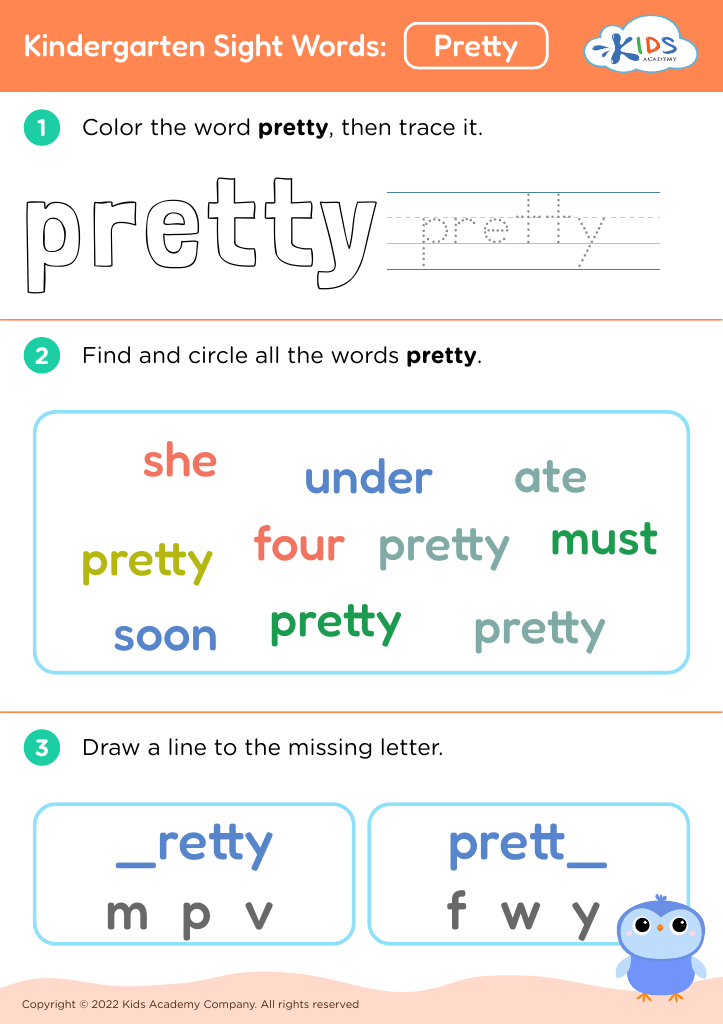Understand numerical order Worksheets for Kids
2 filtered results
-
From - To
Question/Answer
How to test a Grade 2 student’s Understand numerical order skills?
To test a Grade 2 student's understanding of numerical order, provide a mixed set of numbers within their learning range and ask them to arrange the numbers in both ascending and descending order. Additionally, include tasks where they must identify the number that comes before or after a given number, or fill in missing numbers in a sequence.
Why is the Understand numerical order skill important for Grade 2 students?
Understanding numerical order is crucial for Grade 2 students because it lays the foundation for more complex math skills. It helps them grasp the concept of value and place, which is essential for addition, subtraction, and recognizing patterns. This understanding also aids in everyday tasks like organizing, comparing quantities, and problem-solving, fostering a strong math foundation for future learning.
How does the mastery of the Understand numerical order skill affect a student's performance at an early age?
Mastery of the Understand numerical order skill at an early age significantly enhances a student's mathematical foundation. It improves their ability to perform basic arithmetic operations, understand number sequences, and solve problems more efficiently. This foundational skill fosters confidence in mathematical reasoning and is crucial for success in more advanced math concepts, positively impacting overall academic performance.














